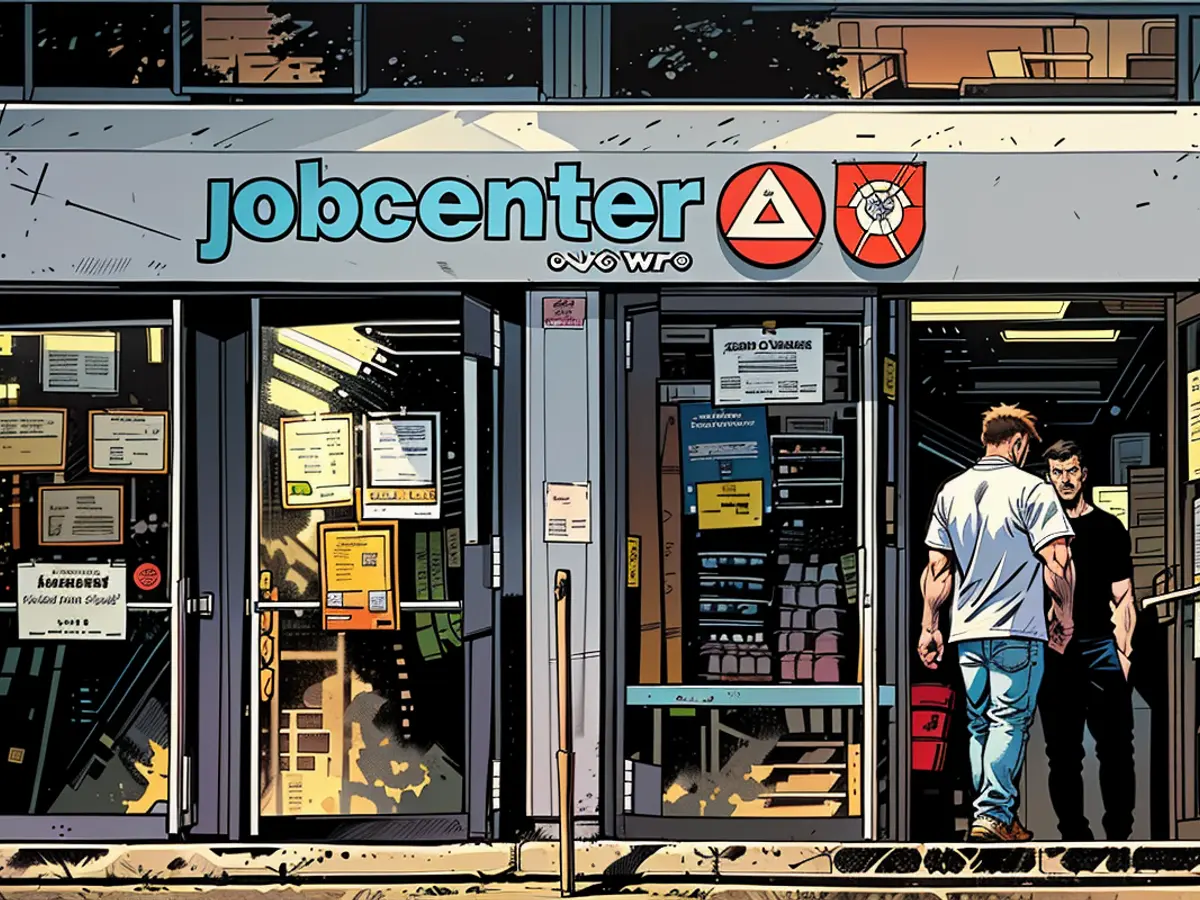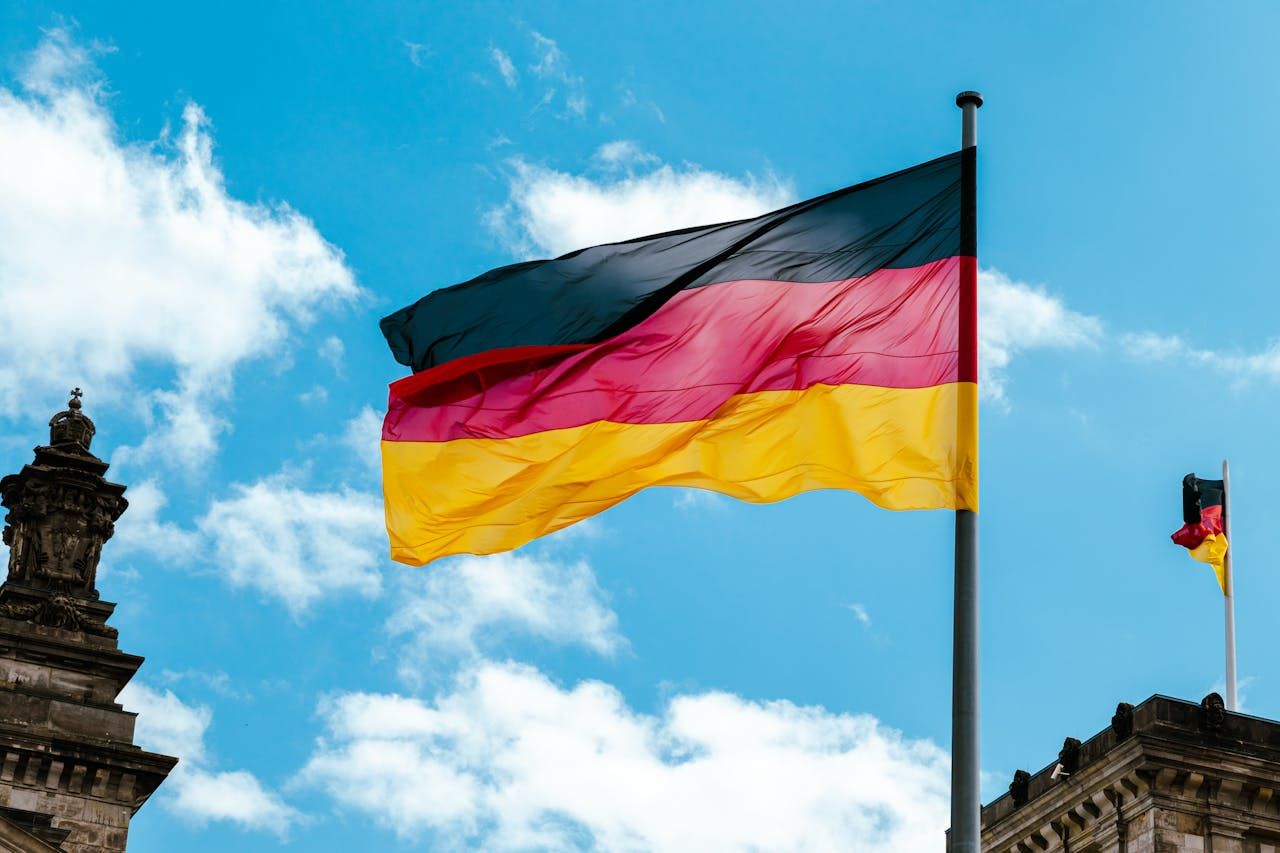- Mehr Transparenz für Fernwärmekunden - was Habeck plant
Wärmeversorgung aus dem Netz soll bei der Wärmewende eine immer wichtigere Rolle spielen, doch Verbraucherschützer fordern seit langem eine verbraucherfreundlichere Gestaltung des Marktes. Das Bundeswirtschaftsministerium will nun die Kostentransparenz erhöhen und den Verbraucherschutz gegen hohe Wärmeversorgungskosten stärken, wie das Ministerium mitteilte. Eine Änderung der Wärmeversorgungsverordnung ist geplant. Diese soll "bedeutsame wettbewerbs- und verbraucherfreundliche Verbesserungen" für mehr Transparenz und Flexibilität bei den Lieferbedingungen bringen.
Was geplant ist
Die Veröffentlichungspflichten von Wärmeversorgungsunternehmen sollen ausgeweitet werden. In Zukunft soll ein Musterbeleg auf der Internetseite veröffentlicht werden, anhand dessen die Anwendung jeder Preisanpassungsklausel nachvollzogen werden kann, wie es im Entwurfsgesetzesentwurf heißt. Preisbestandteile sollen ebenfalls aufgeführt werden. Zudem sollen "Anpassungsrechte" des Kunden bezüglich der vertraglich vereinbarten Wärmemenge geregelt werden. Die Laufzeit des Liefervertrags für Folgeverträge soll von 10 auf 5 Jahre verkürzt werden.
Laut Verbraucherschützern ist es für Verbraucher derzeit schwierig, die Bildung von Wärmeversorgungspreisen nachzuvollziehen. Die Preise für Wärmeversorgung in Deutschland unterscheiden sich stark regional.
Wie Deutschland heizt
Rund 70 Prozent der Heizungen in Deutschland werden mit Gas oder Öl betrieben, wie Daten des Bundesverbands der Energie- und Wasserwirtschaft (BDEW) zum Heimmarkt 2023 zeigen. Der Anteil von Wärmeversorgung liegt bei rund 15 Prozent aller Wohnungen - mit steigender Tendenz.
Wärmeversorgung ist Wärme, die nicht im Wohngebäude, sondern in einem Kraft- oder Heizwerk in der Nähe erzeugt wird. Dort wird in der Regel Wasser erhitzt, das dann durch isolierte Rohre in die Häuser geleitet wird. Langfristig sollen die Wärmenetze zunehmend mit erneuerbaren Energien gespeist werden.
Bei der Wärmewende, dem schrittweisen Austausch von fossilen Heizungen, soll die Wärmeversorgung - als Teil der kommunalen Wärmeplanung - ausgebaut werden. Dies soll bis Mitte 2026 in Großstädten und bis Mitte 2028 für den Rest der Gemeinden verfügbar sein. Hauseigentümer werden dann Klarheit darüber haben, ob sie an ein Wärmenetz angeschlossen werden oder sich um eigene dezentrale Lösungen für eine neue Heizung - wie eine Wärmepumpe - kümmern müssen.
Was Verbraucherschützer sagen
Der ministry's draft contains some progress for private consumers, said Thomas Engelke, head of the Energy and Construction team at the Federal Association of Consumer Centres. He mentioned, for example, more transparency in the publication of information on the Internet and the specification of some provisions on price adjustment clauses.
However, a central point is missing, namely a nationwide price monitoring, so Engelke. The district heating market represents the strongest monopoly in the energy sector. "Nevertheless, there is no central price monitoring by a federal authority." Consumers must be effectively protected from "black sheep".
BDEW CEO Kerstin Andreae stated that the expansion and decarbonization of district heating plays a central role in the heat transition. Both investments in existing infrastructure and significant new investments are necessary. To achieve this, planning and investment security is required. Therefore, it is correct that the draft provides for a contract term of ten years for initial contracts. "It's good that the bill does not provide for a price cap. This would be a significant market intervention," Andreae added. A price cap (English) refers to the regulation of the maximum price.
The Monopolies Commission had warned about excessive prices in district heating due to the monopolistic positions of suppliers, which could erode public acceptance of the heat transition. The advisory body to the federal government proposed introducing a "market-based price cap." Last November, the Federal Cartel Office initiated proceedings against six district heating suppliers due to suspected excessive price increases.
Association against price supervision
Ingbert Liebing, CEO of the municipal utilities association VKU, rejected calls for price supervision. This would be "absolutely counterproductive" and a brake on district heating expansion. The pricing of district heating is already subject to clear legal rules and functioning control mechanisms, such as those of the cartel authorities. Liebing also referred to an energy association's district heating price transparency platform for more transparency.
District heating prices
A spokesperson for the Association of Municipal Enterprises (VKU) said that every heat network is different, as are local prices. For example, local energy sources and methods of heat generation vary. Wholesale gas prices have now stabilized after the sharp increases in 2022/23. In district heating, wholesale prices are passed on to customers with a delay, which helps to absorb and spread price peaks. With the price adjustments in January 2025, the "energy price crisis" in district heating is very likely to be fully overcome. Moreover, he said that a comparison between district heating and gas prices should be based on a "full cost comparison" that also takes into account the costs of a gas boiler and its installation.
The expansion of publication obligations for district heating supply companies includes the publication of a model invoice online, allowing consumers to understand price adjustment clauses more easily. According to consumer advocates, a nationwide price monitoring is crucial to effectively protect consumers from excessive district heating prices in Germany.







